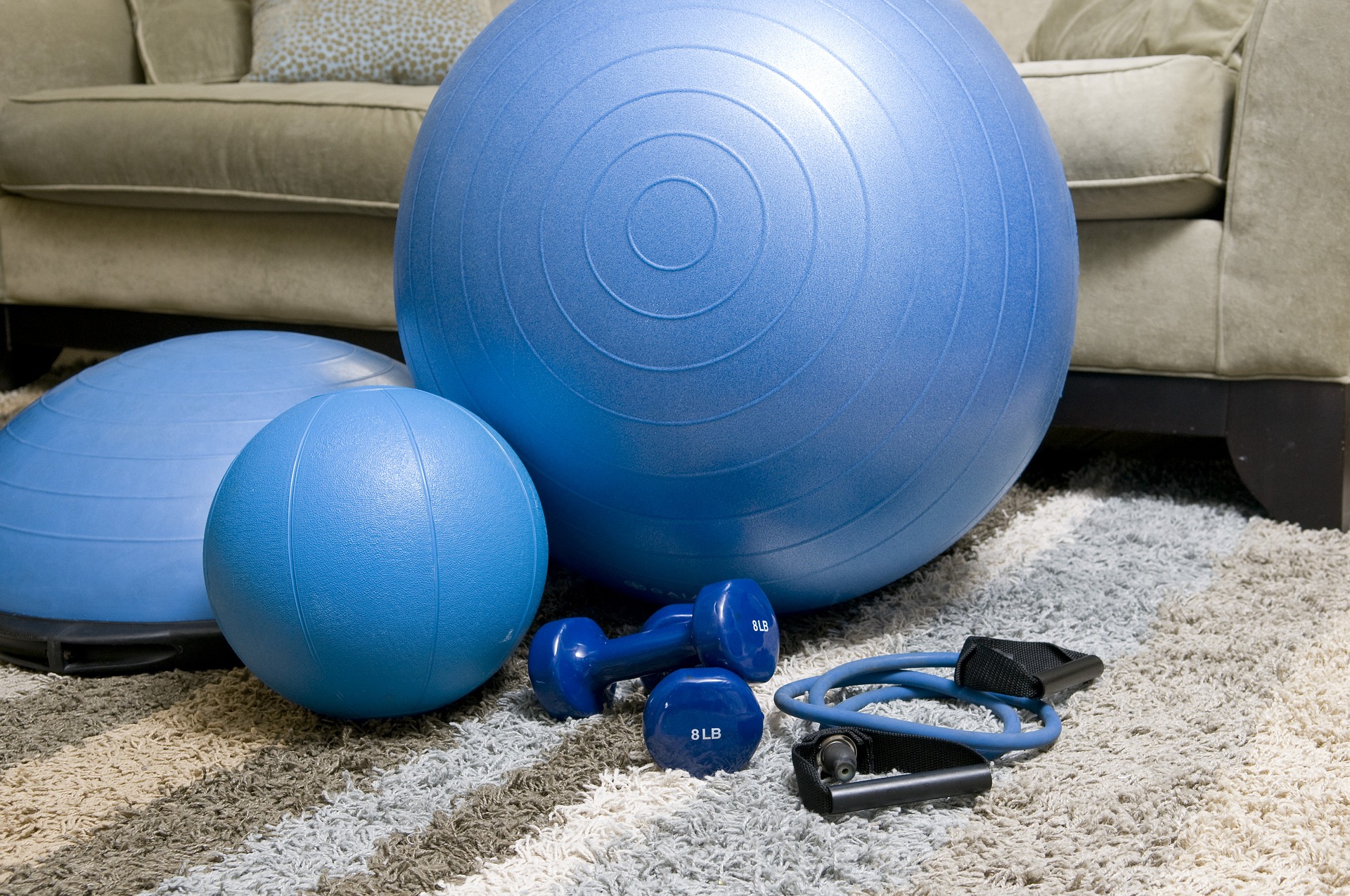I recently worked with a 25 year old man who was struggling with his job. He described difficulty thinking clearly and missing too many days. And his relationship with his girlfriend was almost over due to his acknowledged neglect. Diagnosed with both depression and anxiety, he said he felt disengaged in his life. He had previously been in therapy for a few years and had tried medications for depression, anxiety, and attention problems. Nothing seemed to work.
I asked a question that I always ask: how is your sleep?
I was not surprised when he told me that his sleeping habits were “terrible”. He slept four to six hours a night during the week, stayed awake until 2 or 3 a.m. on social media, or watched a TV show frantically. He tried to catch up on his sleep on the weekends but sometimes woke up even more tired.
His sleeping patterns were established in childhood and carried over into his adult life. As we gradually changed her sleep patterns, adding more sleep time during the week and creating a bedtime and wake-up time, her symptoms started to subside. Within two months, he reported almost no depression or anxiety. Our main interventions were to change his sleeping habits.
Sleep and mental health
It turns out that our sleep patterns are very closely related to our level of emotional well-being. Adults should get at least seven hours of sleep a night, although one in three adults does not achieve this minimum, according to the United States Centers for Disease Control and Prevention.
When I ask my clients to track their rest time, they find that they are getting a lot less sleep than they think they are. Our poor sleeping habits can lead to stress which contributes to anxiety, depression and our ability to concentrate.
Poor sleep also disrupts engagement in activities that promote emotional well-being. In fact, teens with irregular sleep patterns throughout the week may experience “social jet lag” from Monday morning onwards, putting them behind in terms of performance and connecting with others. This can lead not only to a decrease in school performance, but also to delays, missed days and a lack of preparation for learning. I have found this drop in performance and readiness to be true with my adult clients as well.
Finally, too many families I have worked with have chaotic evenings, with things to do, homework or conflicts that drag on late into the night. Various screens contribute to the hectic, disruptive and unsettling tone of too many homes.
I find that developing better sleep habits is one of the fastest and most effective ways to improve the mental well-being of an individual or a family.
Here are a number of manageable ways to quickly improve sleep in your home.
Leave devices behind
So many of my clients end their days in bed staring at one screen or another, browsing social media, or watching videos. In recent years, smartphone addiction has become a common benchmark problem in therapeutic practices.
Addiction to smartphones can lead to difficulty sleeping, especially when the phones are used later at night, according to a recent study of students published in Frontiers in Psychiatry.
This is why I encourage my clients to keep cell phones and other screens out of the bedroom, substituting for a book, meditation, or soothing music. Mindfulness exercises can also be helpful, even for children.
I find that this change alone quickly improves sleep and the symptoms of emotional difficulties also tend to subside, to some extent. Removing loud music, bright light, and other room stimulation will also help.
Developing good sleep hygiene together
I find that families tend to share sleep patterns, that they tend to be fairly consistent, for better or for worse, within a household. So you can actually shape good sleep for the rest of your family. If you want your kids or your partner to sleep better, set a clear bedtime for them and yourself. Do the same to wake up.
Consistency will help you all develop healthy sleep habits fairly quickly – and don’t be too discouraged if this change takes a little while. Just as it takes time to create poor sleep habits, it will take time to develop healthier sleep hygiene. Make gradual changes, like remembering your bedtime for 15 to 30 minutes a week. Over time, you’ll find that you get the sleep you need without the frustration of forced, immediate change.
Perhaps the most effective way to improve sleep is to add exercise to your day. A National Sleep Foundation survey found that people who regularly exercise vigorously were almost twice as likely to report regular, high-quality sleep. And sleep comes more easily for people who make exercise part of their daily routine.
Think of sleep as a process that begins at least an hour before you go to bed. Create a relaxing atmosphere in your home. Watch a light episode of a favorite family show together. Save some time to read. Dim the lights and separate the late evening from the rest of the day.
These are powerful interventions that will help set a tone that suggests sleep and rest.
No time like the present
Many sleep problems become apparent at the start of the school year. Since children tend to start the school year with poorly regulated sleep, reducing bedtime in small increments can solve sleep problems quickly.
If I can get one of my teenage clients to sleep for even half an hour more per night, their symptoms will decrease and their performance in school, work, sports and other extracurricular activities improves noticeably.
Sign up for CNN’s Sleep, But Better Bulletin. You will get scientific advice on how to sleep better tonight and every night.
With improved sleep, my adult clients describe less depression and anxiety, more clarity at work, and more fun in their days.
Make some of these changes now, develop better sleep habits at home, and help manage depression and anxiety – for you and your family for life.
The-CNN-Wire
™ & © 2021 Cable News Network, Inc., a WarnerMedia Company. All rights reserved.
 AD Roberts
AD Roberts



